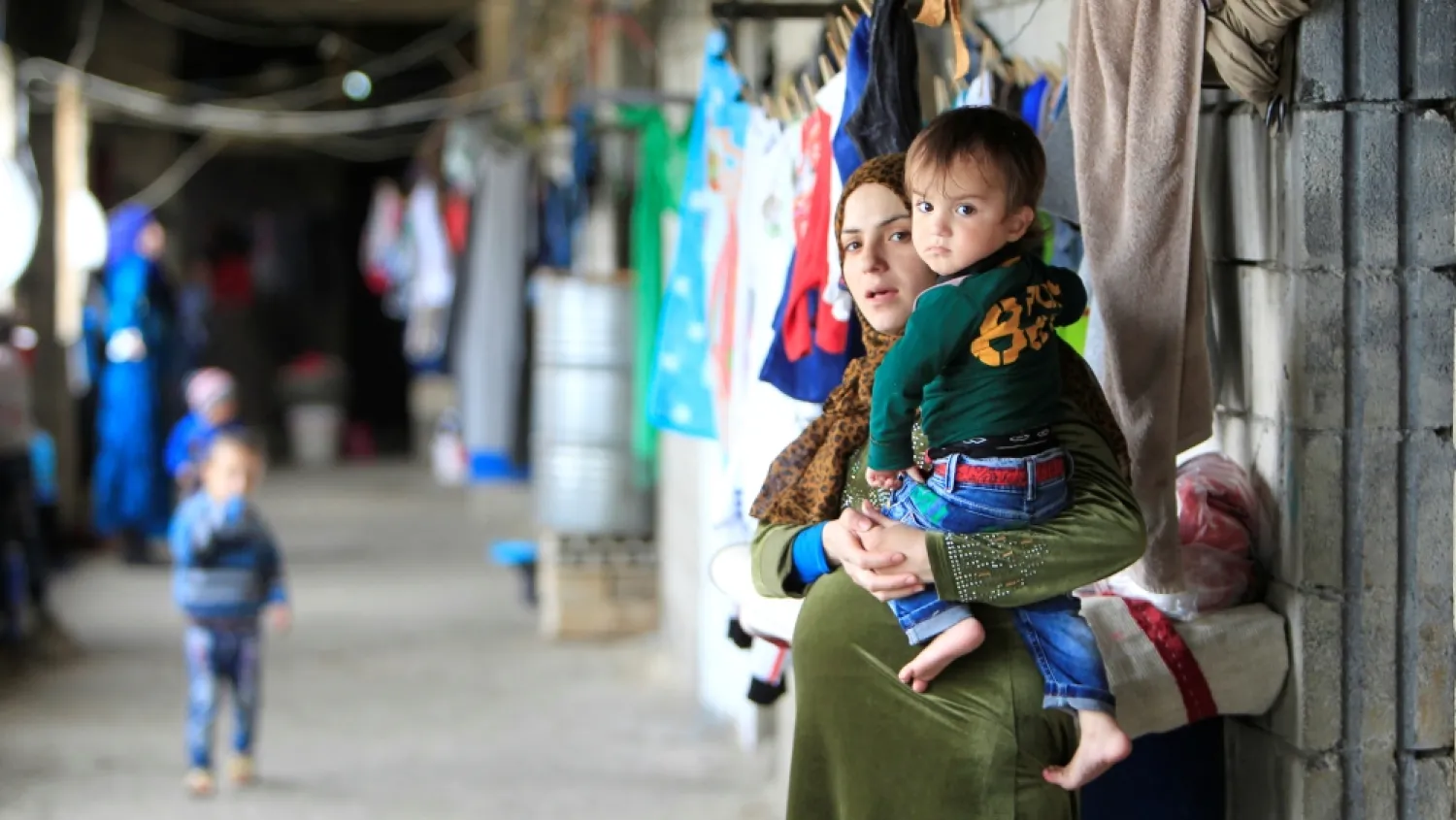In light of the government’s failure to reach a clear plan over Syrian refugees in Lebanon given the divisions among political parties over the issue, it appears that the decision to deport them has gotten underway through a new labor law policy.
This policy limits the fields the foreigners can seek employment in to the agricultural, construction and environment sectors
The first victims of this new plan were Syrian shop owners and building janitors in the Hadath municipality in Mount Lebanon.
Minister of the Displaced Moeen al-Merehbi announced that four other municipalities will follow in Hadath’s footsteps and have set deadlines for the Syrian workers there to leave.
The Interior Ministry declared that it had nothing to do with the Hadath municipality’s actions.
A source from the Labor Ministry told Asharq Al-Awsat that the municipality’s actions are part of a ministry request to municipalities to help it in implementing the law and cracking down on violations.
A source from the Hadath municipality told Asharq Al-Awsat that the decision encompasses “all violators of the Lebanese labor law.”
The majority of the violators are building janitors and shop owners. Sanitation and construction workers are not included in the new measures.
“A worker’s possession of a residency permit does not mean that he has the right to work in any of the fields that are not listed in the law,” explained the source.
A laborer should have a work permit from the Labor Ministry that allows him to be employed in the sectors stipulated in the new policy.
Violators will be dealt with accordingly by the municipality, continued the source.
The deadline for the Syrians to leave was extended to allow them to manage their affairs, but anyone exceeding the limit will be reported to the Labor Ministry, he warned.
Dozens of families have so far complied with the new policy and left the region.
Hadath municipality chief George Aoun said during a televised appearance that those who were requested to leave were families that had been living in the area illegally and without paying rent.
While refusing to deem the new policy as “racist,” he demanded that the Syrians leave Lebanon and find employment in Syria, 80 percent of which he now deemed safe.
Merehbi meanwhile denied that he knew beforehand of the new policy, accusing some of racism against the refugees.
He told Asharq Al-Awsat: “If the Hadath municipality wanted to apply the labor law, why should they be expelled from the area?”
Furthermore, he noted that the Lebanese rarely ever seek jobs in the sectors that the Syrians work in.
He also warned that these “racist” measures will lead to the spread of racism in Lebanon, revealing that four other municipalities will follow Hadath’s example.
He held Foreign Minister Jebran Bassil responsible for obstructing a comprehensive government plan on the refugee file, renewing his rejection of coordinating with the Syrian regime in this case.









